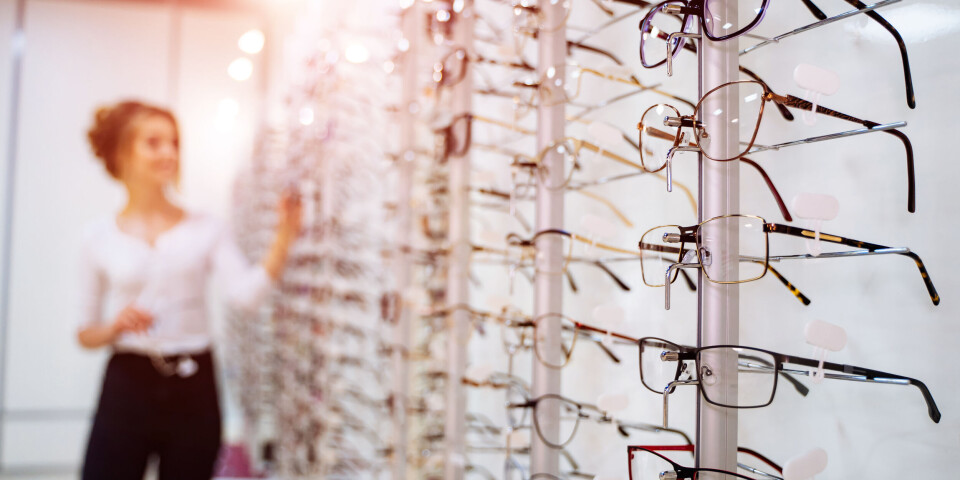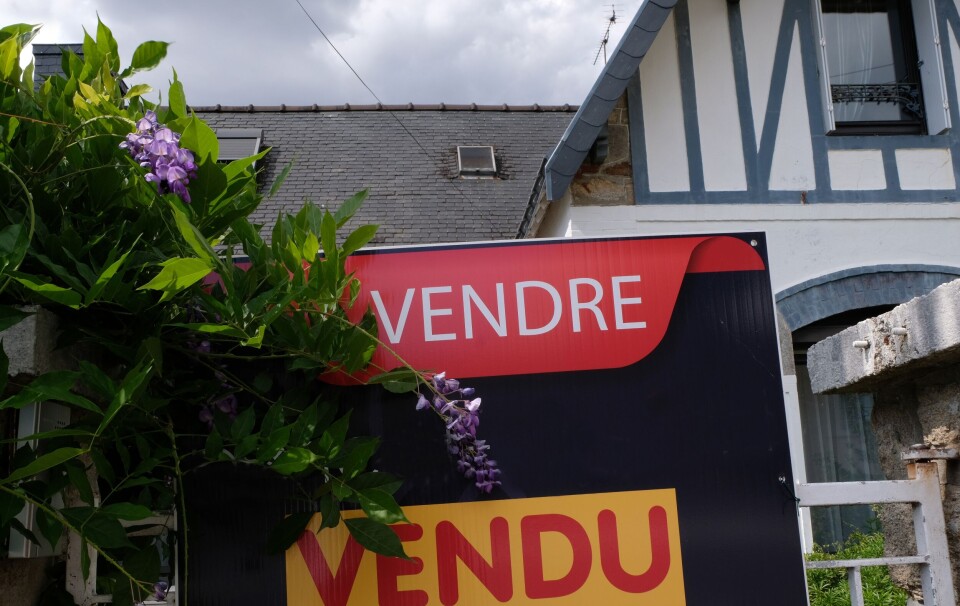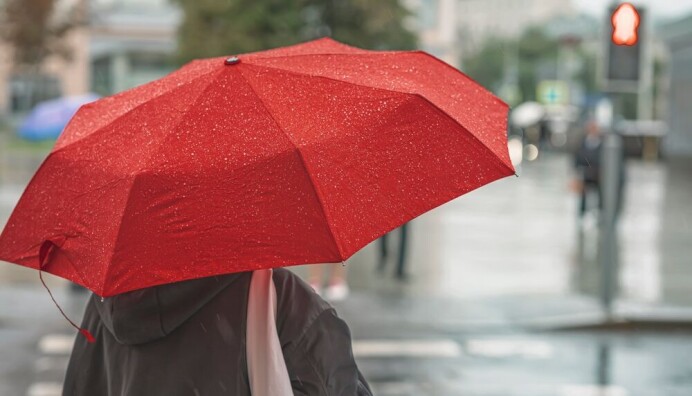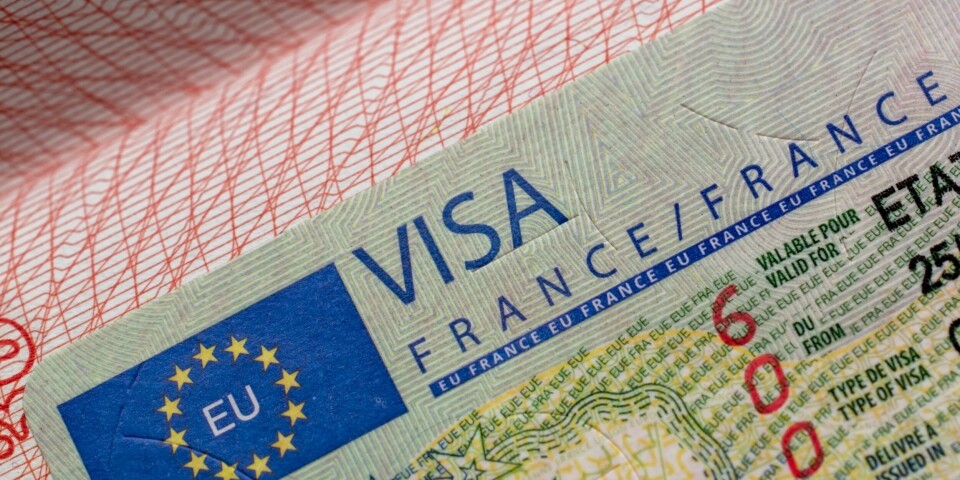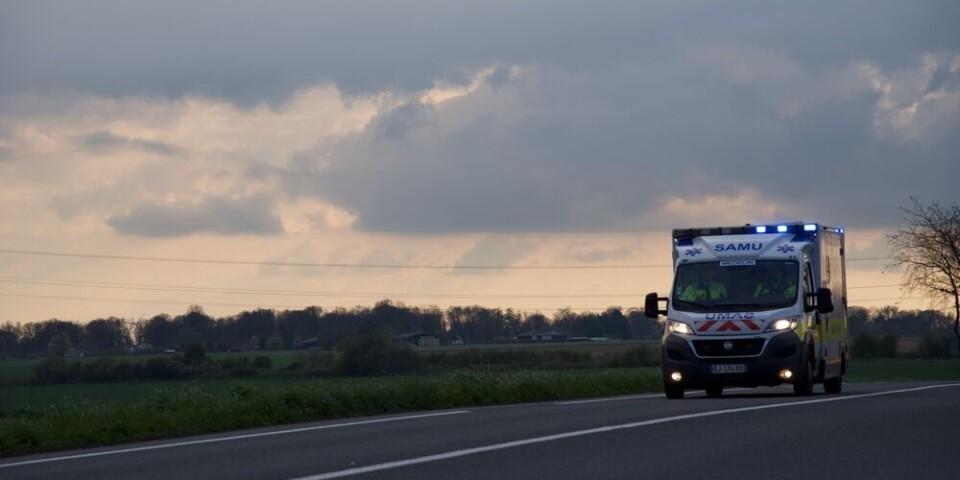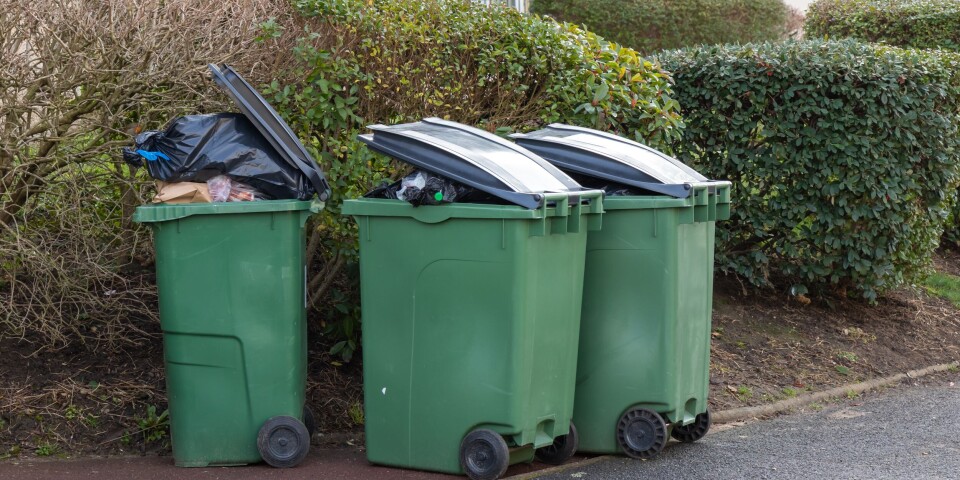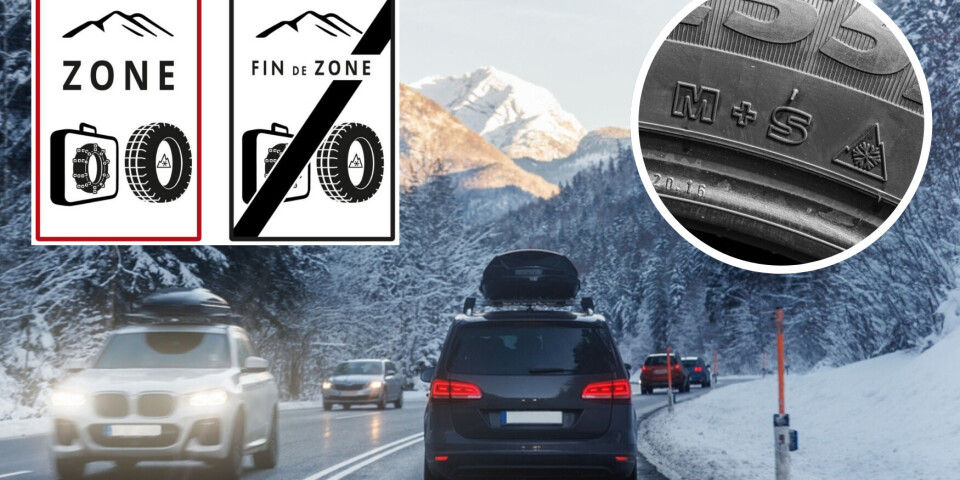-
Air France expands US schedule with direct Paris-Las Vegas route
Airline now offers 19 US destinations
-
2025 small business VAT reform definitively cancelled after Senate vote
New 2026 proposals remain on table but likely to be struck out as MP debates get underway
-
Small drop in percentage of French visa applications being declined
Roughly one in every six visa requests refused in 2024
‘Medicines to avoid in 2020’ list published in France
A list of the 105 medicines that the French public should avoid in 2020 has been published, including 12 new items that are judged to be “more dangerous than useful”.

The medicines on the list include common “cures” for problems such as a sore throat, coughs, or cramps, but now figure on the eighth annual updated “black list” from medical review Prescrire.
This means that the risk of side effects and other issues if they are taken has been judged to outweigh any possible benefits. In many cases, other less dangerous alternatives exist, Prescrire said. Some of the medicines have been judged to offer little more benefit than comparable placebos, but still run the risk of causing serious side-effects, the review said.
Of the 105 medicines on the list, 92 are available in France. For 2020, 12 new drugs have been added to the list, after detailed analysis published by Prescrire.
These include alpha-amylase (sold under the brand name Maxilase® or similar) for sore throats; Ginkgo biloba (sold as Tanakan® or similar) for cognitive problems in older people; pentoxyverin (sold as Vicks syrup 0.15 %° and Clarix Toux Sèche®) for dry coughs; and xylometazoline, a nasal decongestant.
The latter is still available for sale elsewhere, including in Belgium and Switzerland.
Other new entries on the list include tenoxicam (sold as Tilcotil ®), a non-steroidal anti-inflammatory; naftidrofuryl (sold as Praxilène or similar) and pentosan polysulfate (sold as Elmiron ®) to help painful bladder syndrome.
This year, a drug that had already appeared on the list in 2019 but had remained on sale, has now been banned in France. This was the muscle relaxant, mephenesin (sold as Décontractyl® or Décontractyl Baume). Yet, it is still available in Belgium.
A number of drugs used for intestinal and digestive issues also appear on the list, as the risk of them causing lead contamination - due to the use of medicinal clay - has been judged as high. These include attapulgite (sold as Actapulgite ® or Gastropulgite ®), diosmectite (Smecta ® or similar), hydrotalcite (Rennieliquo ®), and kaolin (often sold in Gastropax ® and Neutroses ®).
The list also features a range of drugs used for a wide range of complaints, including heart problems, dermatological issues, skin and digestive allergies, lung issues, diabetes, cancer complications, blood problems, weight loss, joint pain, arthritis, gynecology, psychiatric problems (and addiction), and serious neurological problems such as Alzheimer’s, Parkinson’s, and multiple sclerosis.
The full list, sorted by medical area, and including commercial brand names of the medicines included, can be found here (in French).
Stay informed:
Sign up to our free weekly e-newsletter
Subscribe to access all our online articles and receive our printed monthly newspaper The Connexion at your home. News analysis, features and practical help for English-speakers in France




